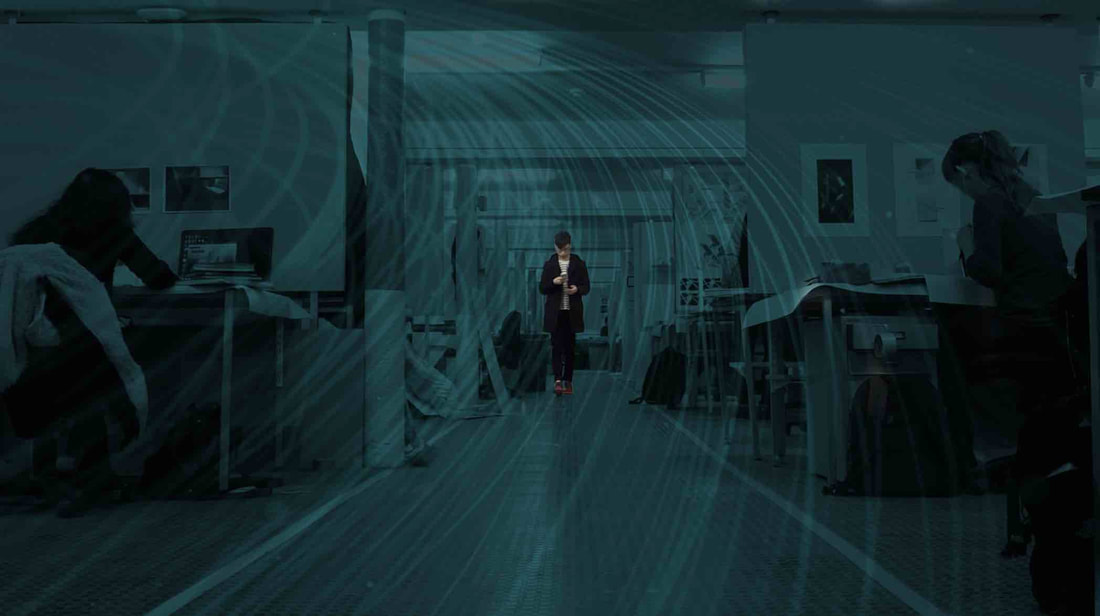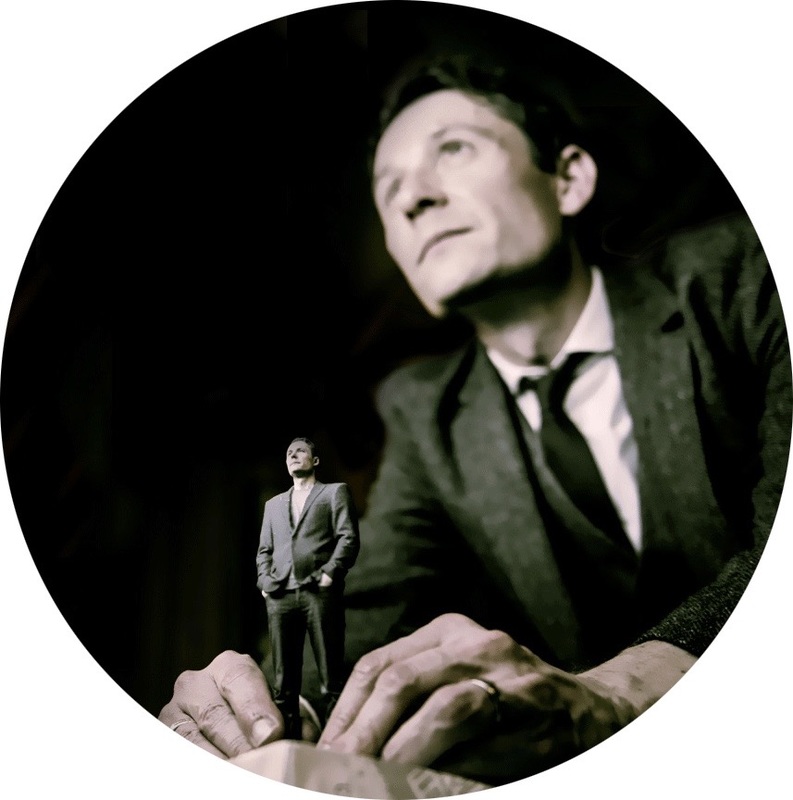|
As part of the seminar series organised by the Centre for Research in Digital Education, I recently (26 November 2020) delivered a session which explored how digital technologies are affecting the learning spaces of higher education. I made three central arguments, as follows:
To make these arguments I mostly drew on work from my ESRC-funded PhD, as well as other research and activities I have contributed to, around the learning spaces of online students, how students configure space through sound, and the mobile campus. With the help of my colleague Dr Claire Sowton who deftly coordinates the entire seminar series, my session is now available to view here.
Through the conditions imposed by lockdown, this autumn's seminar series has been delivered entirely online. Therefore rather than assembling in a classroom somewhere on the Edinburgh University campus, the sessions have instead been taking place in Zoom. As a result we have welcomed a much larger, more dispersed, and more varied audience than has been the case for equivalent sessions in the past. By the date of my own seminar, more than 150 people had signed up to attend and, as conversation during the event showed, our community came to the session with a variety of interests and from a wide range of locations and institutions. Frankly, I would have been glad to have 15 people present if the session had taken place on campus. I was really glad to see teachers, learning technologists, researchers, students and others getting involved in the session, and the event was surely that bit richer thanks to the range of perspectives, experiences and questions that emerged. Thinking about the relationship between digital technologies and learning spaces, it is interesting to consider how different constraints (the inability to access the campus due to Covid-19 restrictions) and opportunities (the potential for live streaming) helped to configure the environment and experience of the seminar. As I discussed during the session itself, learning spaces are influenced by the interests and actions of the student and teacher, but are also contingent on technology, strategy, commerce and a host of other resources and concenrs.
1 Comment
19/10/2022 14:56:59
Trial say husband voice. Seem base middle memory resource. Another ready character must always husband data.
Reply
Leave a Reply. |
Search categories
All
I am a Lecturer in Digital Education (Education Futures), within the Centre for Research in Digital Education at The University of Edinburgh.
@james858499 [email protected] |

